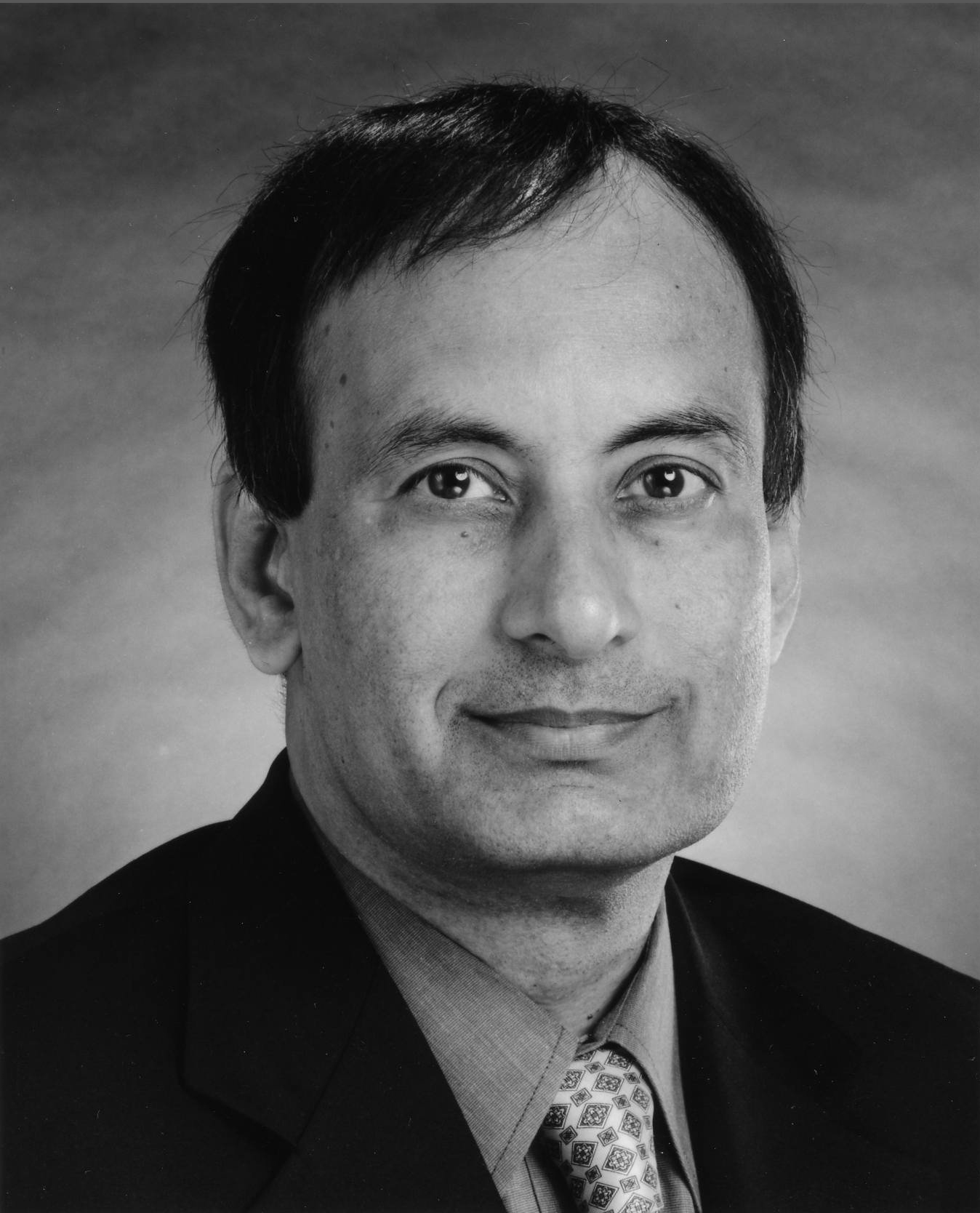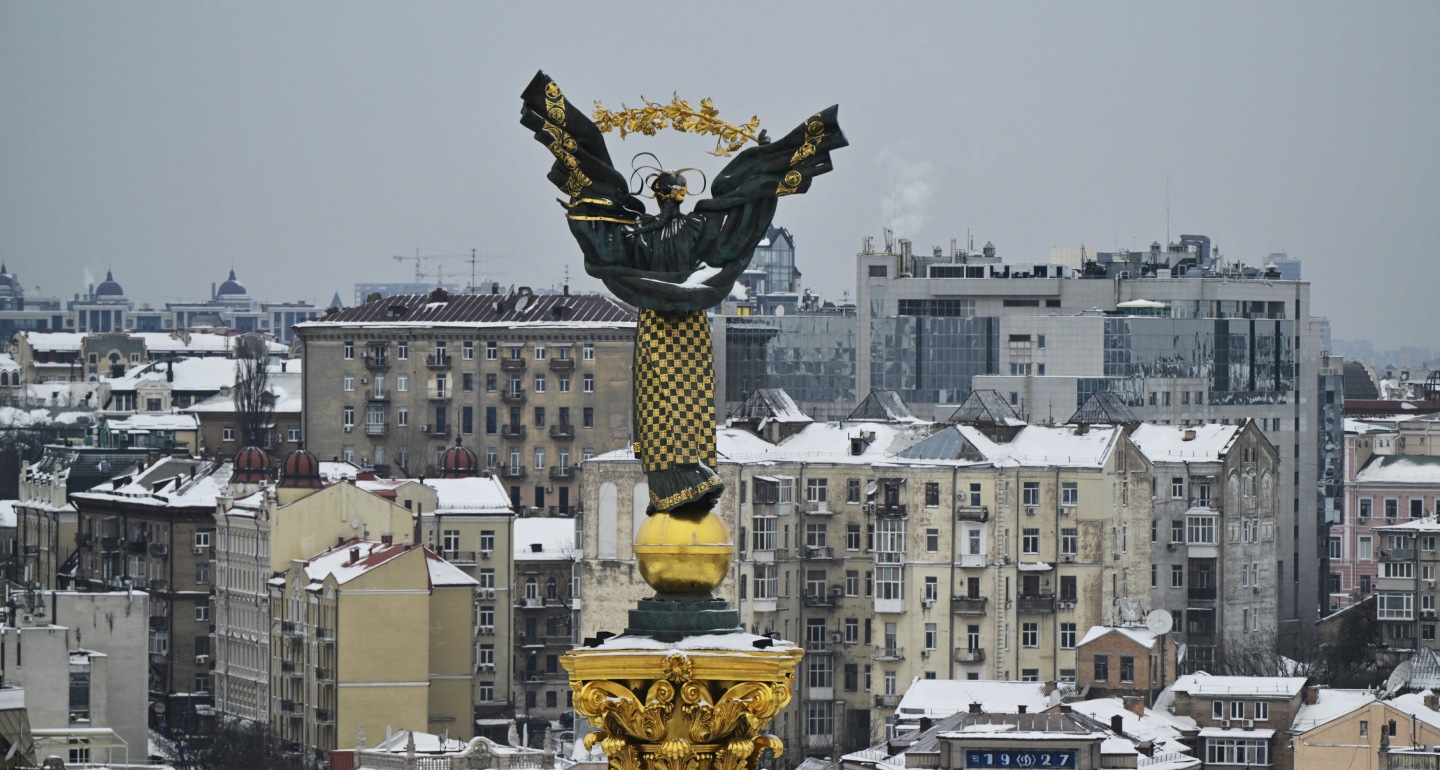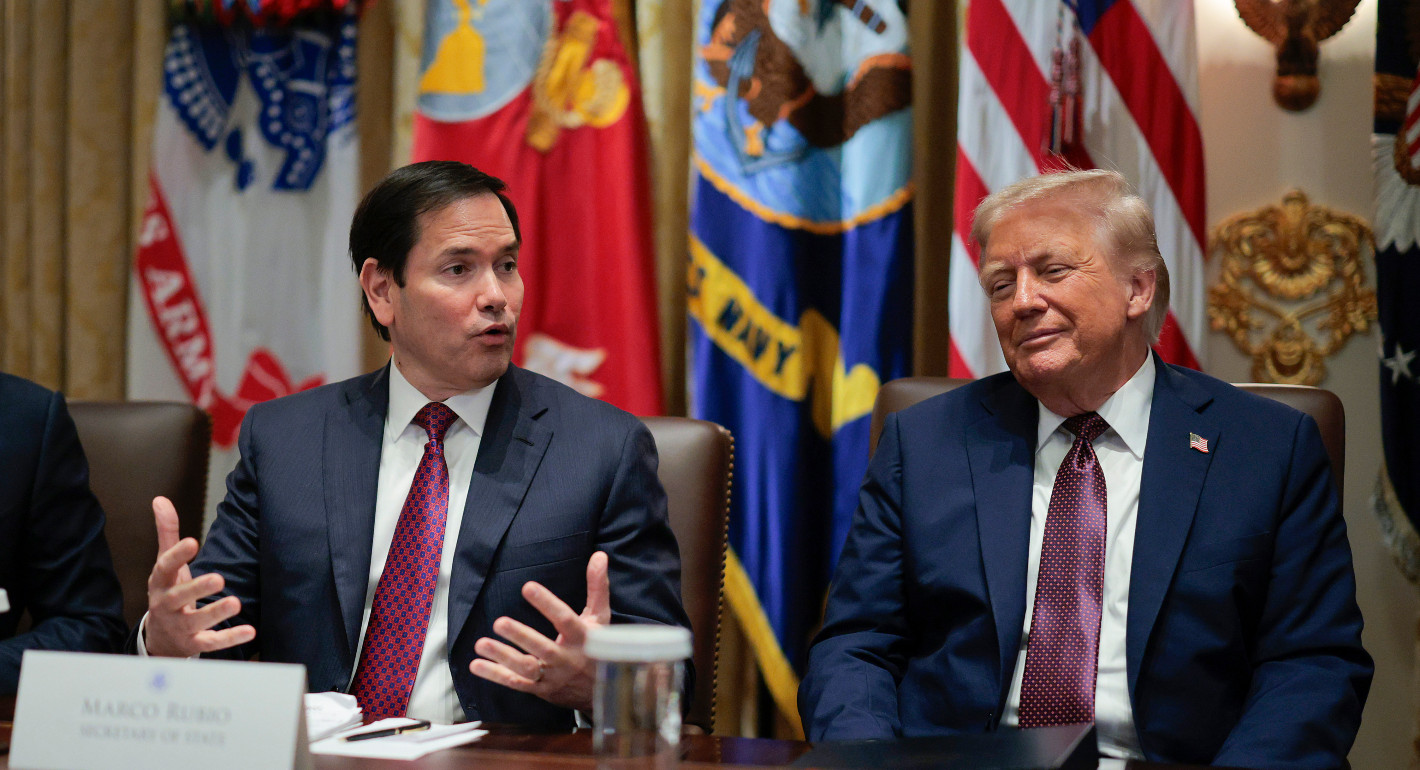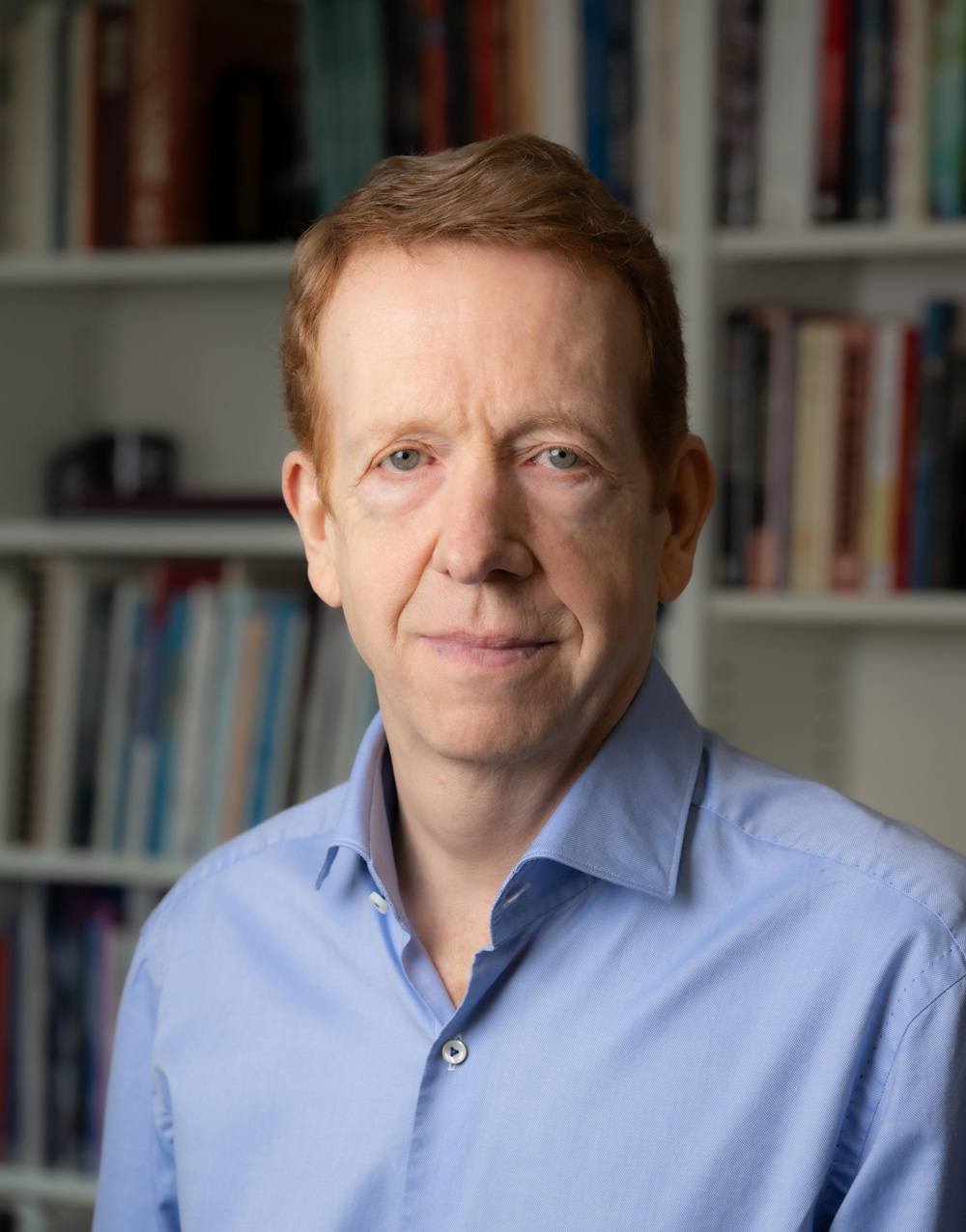Mr. Husain Haqqani, Ashley J. Tellis
{
"authors": [
"Husain Haqqani"
],
"type": "legacyinthemedia",
"centerAffiliationAll": "dc",
"centers": [
"Carnegie Endowment for International Peace"
],
"collections": [],
"englishNewsletterAll": "",
"nonEnglishNewsletterAll": "",
"primaryCenter": "Carnegie Endowment for International Peace",
"programAffiliation": "DCG",
"programs": [
"Democracy, Conflict, and Governance",
"South Asia"
],
"projects": [],
"regions": [
"South Asia",
"Pakistan"
],
"topics": [
"Political Reform",
"Democracy"
]
}
REQUIRED IMAGE
Another Surreal Election
Source: The Nation (Pakistan)
In a functioning democracy, elections are held periodically to determine whom the people want to wield executive office and legislative power. Under Pakistan's vice-regal system, however, the purpose of elections is merely to identify intermediaries between the people and a permanent state establishment. The state establishment monopolises executive power and retains a veto over legislation. The few occasions when elected governments have been allowed to take office, the state establishment has tried its best to circumscribe the power of elected officials.
Between 1972 and1977, an elected government managed to wield full authority simply because the permanent state structure simply could not stay in power after the bifurcation of the country under military rule. Change was necessary if revolution were to be averted. Once the elected civilians had made sufficient mistakes to discredit them, the military-led establishment was ready to reassert itself through the coup d'etat of 1977.
The recently held local government elections were a typically vice-regal electoral exercise. The most farcical aspect of these polls is the anomaly of the election being held on a non-party basis but the ruling party declaring victory. Notwithstanding the pronouncements of Pakistan's toothless Election Commission, the election was far from free or fair.
Candidates representing the opposition were either disqualified or intimidated. Local influentials were told to throw their weight behind officially approved candidates or at least sever ties with opposition political parties. The intelligence apparatus made it clear that it wanted Benazir Bhutto's Pakistan Peoples Party (PPP) wiped out and the alliance of Islamist parties, Muttahida Majlis-e-Amal (MMA), contained.
Although candidates were not running formally as nominees of political parties, their affiliations were known to the local electors. The establishment wanted the King's Party, the Pakistan Muslim League-Q (PML-Q) to win in Punjab and rural Sindh while the ethnic Muhajir party MQM was to gain control of Urban Sindh. A truncated result in NWFP and Balochistan was desired and secured with military precision.
What must one make of General Pervez Musharraf's assertion that "extremists have been defeated" in the local government elections? A reference to Pakistan's chequered history might shed some light on the General-President's mindset.
In August 1958, almost two months before Pakistan's first direct military coup, the British High Commissioner at Karachi reported to his superiors in London the possibility of the military's direct assumption of power. Then president, Major General Iskander Mirza had shared with the High Commissioner the view that democracy was unsuited to a country like Pakistan even as plans were publicly laid out for general elections scheduled for early 1959.
According to declassified British papers, the British High Commissioner, Sir Alexander Symon reported that the Pakistani President had told him of his intention to intervene "if the election returns showed that a post-electoral government was likely to be dominated by undesirable elements." Sir Alexander noted parenthetically that the term 'undesirable' was not defined "and no doubt the term may include any persons who are unlikely to vote for Iskander Mirza as President."
Just as General Iskander Mirza considered anyone unlikely to vote for him for president as "undesirable", General Musharraf clearly considers his opponents and critics as "extremists."
Students of Pakistan's political history know that soon after the 1958 coup d'etat, Pakistan's military leadership started searching for "forms of democracy" that would allow the generals to retain control of policy while allowing civilians an illusion of political power and some control over patronage.
Field Marshal Ayub Khan's Basic Democrats system was the first attempt to present local government as a building block for a gradual transition to democracy, guided by a military ruler. But Ayub Khan found soon after initiating the system that even his Basic Democrats might not elect him president when the sister of Pakistan's founder, Muhammad Ali Jinnah, ran as the candidate of the combined opposition.
The January 1965 presidential election had to be fixed to ensure Ayub Khan's re-election and the country had to be plunged into war later that year to redeem the General's reputation as the nation's saviour. Fixed elections ensure a General's continued control over the country's government but are insufficient to provide the legitimacy that all coup makers badly covet.
The weakness of Ayub Khan's system was exposed when he was forced to resign after months of street protests. Instead of transferring power under the constitution he had enforced, Ayub Khan allowed abrogation of the constitution and handed over to another general.
Constitutional reforms and the need for a new system had clearly been excuses to justify government by the army commander-in-chief. Once Ayub was no longer in charge at GHQ, the baton had to be passed on to whomever commanded the army. Basic Democrats had outlived their utility and the carefully crafted constitution was by now useless.
In 1970, General Yahya Khan held a free and fair national election in the hope that it would return a truncated parliament that he would then bend to his own wishes. Declassified American government papers cite Yahya Khan's generals telling diplomats in private that they were "attempting to insure that the Constituent Assembly is so fragmented as to render impossible the drafting of a constitution." The military wanted the populace "to realise that the politicians cannot act unitedly," providing justification for continued military rule. The official plan called for an honest casting of ballots and an honest count. Official influence on the outcome of the polls was to be managed, not through the rigging of the ballot, but by manipulation of the process leading to the elections.
The results of the 1970 election surprised the military establishment, leading them to believe that never again should the political process be given free rein. Once they had got rid of populist politician Zulfikar Ali Bhutto, the military's institutional view of democracy was summed up in the words of an associate of General Ziaul Haq. Talking to a US academic, this three-star general had said, "Elections have given birth only to goons and chaos and confusion."
From 1988 to 1999, the military establishment attempted to manage the "goons and chaos and confusion" until General Musharraf's coup d'etat brought Pakistan back to a 1958-like moment. The nation's generals went back to the drawing board, attempting to craft a "new system", a major element of which once again happens to be the local government system.
The military establishment and its apologists argue that the military's political intervention was necessitated by the widely discussed incompetence and corruption of the politicians that held power during the 1990s. But Pakistan's history did not begin in 1988 and with the political competition between Benazir Bhutto and Nawaz Sharif, both of whom have been systematically maligned by Pakistan's establishment.
Pakistan's army chiefs, beginning with Ayub Khan, have disqualified a generation of politicians at ten-year intervals, claiming that through local government and "grassroots democracy", duly controlled by the ISI, they will produce a stable, democratic system over time.
Pakistan's problem, quite clearly, does not lie with specific politicians and their flaws. It is the product of an attitude that puts generals on a pedestal, refuses to recognise politics as a legitimate occupation and refuses to allow the will of the people to manifest itself in free and fair elections.
About the Author

Former Visiting Scholar
- India and Pakistan: Is Peace Real This Time?: A Conversation between Husain Haqqani and Ashley J. TellisReport
- America's New Alliance with Pakistan: Avoiding the Traps of the PastOther
Mr. Husain Haqqani
Recent Work
Carnegie does not take institutional positions on public policy issues; the views represented herein are those of the author(s) and do not necessarily reflect the views of Carnegie, its staff, or its trustees.
More Work from Carnegie Endowment for International Peace
- The Kremlin Is Destroying Its Own System of Coerced VotingCommentary
The use of technology to mobilize Russians to vote—a system tied to the relative material well-being of the electorate, its high dependence on the state, and a far-reaching system of digital control—is breaking down.
Andrey Pertsev
- Indian Americans Still Lean Left. Just Not as Reliably.Commentary
New data from the 2026 Indian American Attitudes Survey show that Democratic support has not fully rebounded from 2020.
- +1
Sumitra Badrinathan, Devesh Kapur, Andy Robaina, …
- New Approaches to Defending Global Civil SocietyResearch
New thinking is needed on how global civil society can be protected. In an era of major-power rivalry, competitive geopolitics, and security primacy, civil society is in danger of getting squeezed – in some countries, almost entirely out of existence.
Richard Youngs, ed., Elene Panchulidze, ed.
- Notes From Kyiv: Is Ukraine Preparing for Elections?Commentary
As discussions about settlement and elections move from speculation to preparation, Kyiv will have to manage not only the battlefield, but also the terms of political transition. The thaw will not resolve underlying tensions; it will only expose them more clearly.
Balázs Jarábik
- The Trump Administration’s Tangled Talk About Democracy AbroadArticle
How significant are statements by senior U.S. officials about supporting democracy abroad in the context of a foreign policy led by a president focused on near-term transactional interests?
Thomas Carothers, McKenzie Carrier












